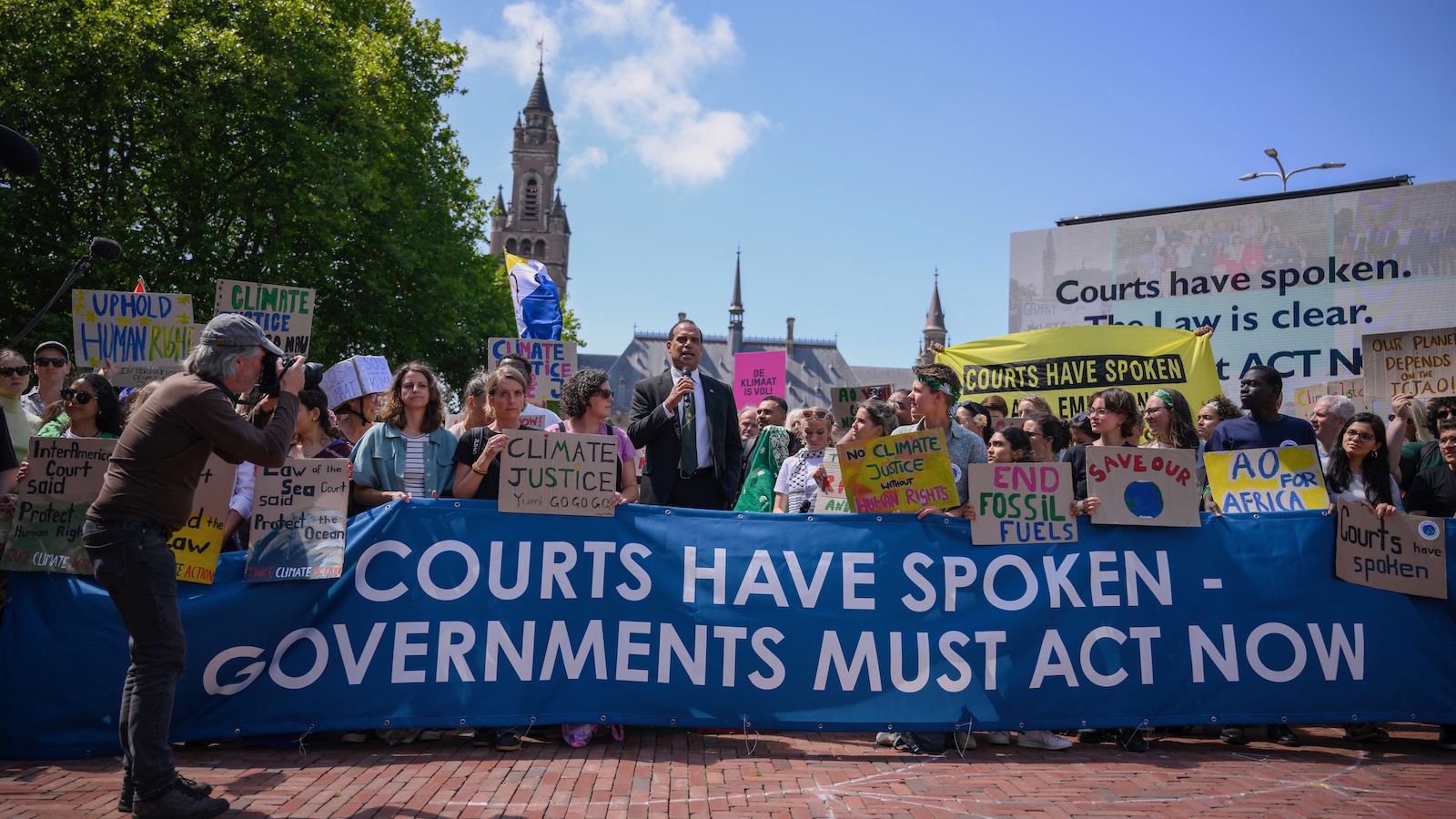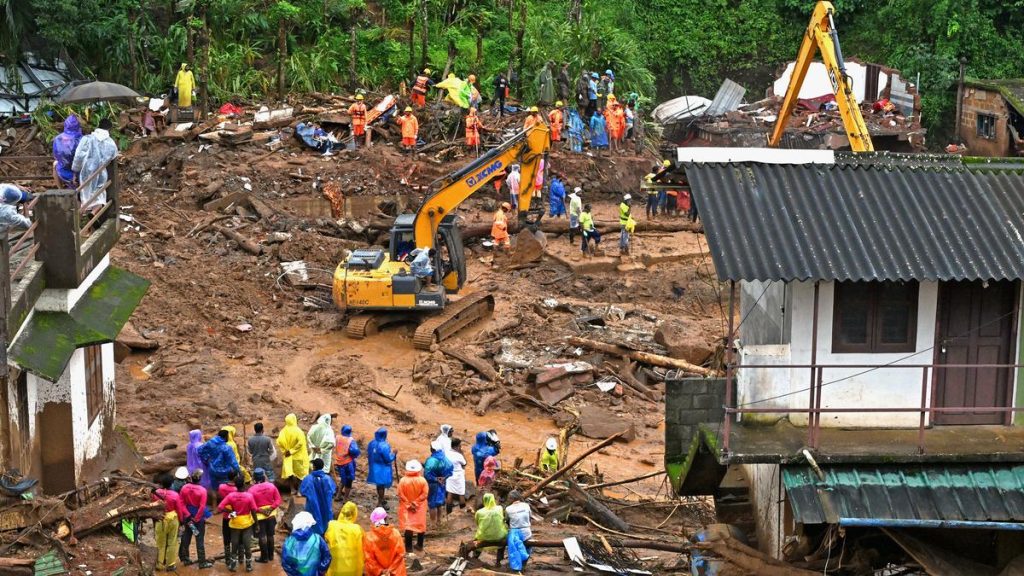Now Reading: World Court Backs Global Push for Climate Reparations
-
01
World Court Backs Global Push for Climate Reparations
World Court Backs Global Push for Climate Reparations

Speedy Summary
- Pacific island nations, led by Vanuatu, filed a landmark climate case at the International Court of Justice (ICJ), supported by over 130 countries.
- The ICJ ruled that climate harm violates international law and all nations have a legal obligation to limit greenhouse gas emissions.
- The ruling opens pathways for claims of reparations against major polluters but does not specify compensation amounts, leaving it to be determined case-by-case.
- Indigenous testimonies highlighted how climate change harms ancestral lands, traditions, and livelihoods in affected regions like Melanesia.
- Countries such as Pakistan plan to leverage this decision for reparation claims; organizations worldwide are already incorporating the ruling into climate lawsuits.
- While non-binding, the decision is expected to influence upcoming international negotiations and ongoing litigation across various judicial systems globally.
- The ICJ clarified vital concerns such as maintaining borders for disappearing states due to rising seas for political recognition and sovereignty preservation.
- Major polluters like the U.S., which reject ICJ jurisdictional authority, may still resist direct litigation but could face indirect pressure during multilateral negotiations.
Indian Opinion Analysis
The ICJ’s advisory opinion carries symbolic weight on global accountability regarding climate change mitigation-a meaningful step towards establishing legal duty under international frameworks. For India-a rapidly growing economy grappling with balancing advancement needs and environmental sustainability-the decision reinforces obligations under existing treaties like the Paris Agreement while urging compliance with greenhouse gas reduction targets.
India’s inclusion among 169 signatories of related rulings emphasizes its shared duty alongside other states in addressing global warming impacts equitably without compromising its developmental trajectory or energy transitions amid technological gaps.
However, litigation risks remain plausible if India fails emission reduction commitments directly impacting vulnerable communities internally or externally linked islands affected within interconnected ecosystems-prompting stronger policies aligning planetary preservation entitlements proactively signaling leadership integrity overcoming challenges law interpretations universally.
























